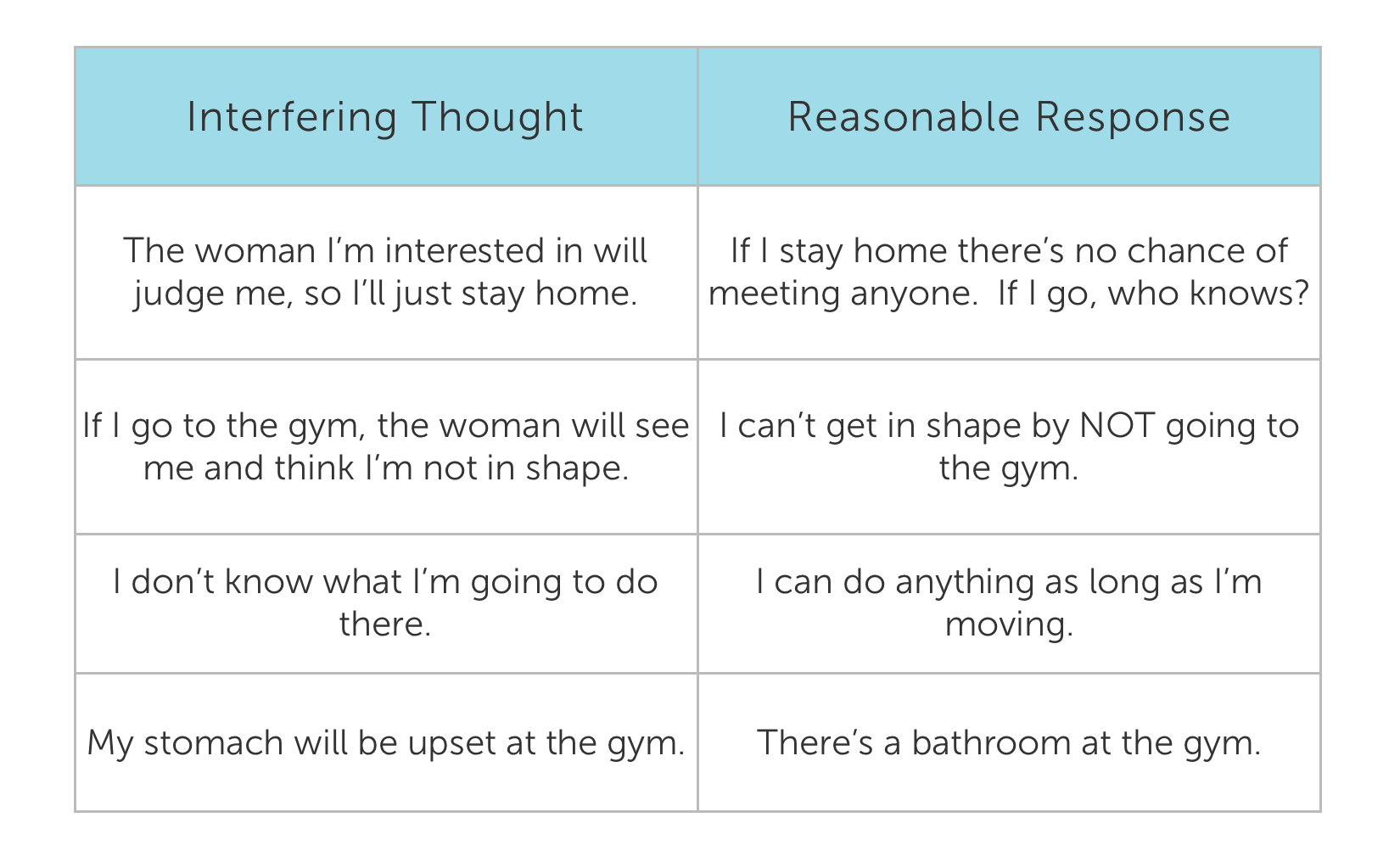The New “Homework” in Cognitive Behavior Therapy
By Judith S. Beck, Ph.D., and Francine R. Broder, Psy.D.

We’ve stopped using the word “homework” in CBT. Too many clients take exception to that term. It reminds them of the drudgery of assignments they had to do at home when they were at school. So in recent times, we’ve switched. “Homework” is now called the “Action Plan.”
We like the label “Action Plan.” It conveys a sense of proactivity, of taking control.

Action plans aren’t optional. They are very carefully created, in a collaborative fashion. Therapists emphasize that most of the work in getting better happens between sessions. A significant part of each session involves helping clients figure out what they need to do outside of the therapy office to feel better and regain a good level of functioning. We tell clients:

That’s why we make sure that whatever is important for the client to remember about the session, including their Action Plan, is recorded, written down or entered as text or audio into an electronic device.
And that’s why, after we’ve finished collaboratively creating the Action Plan, we ask:
How likely are you to do this assignment(s) this week?
And that’s why we continue talking about potential obstacles that could get in the way when clients say they are 90% or less likely to complete the Action Plan.
Here is an example of a client who did not do his action plan, and this is how we worked on it.
A 28-year-old came to treatment to work on reducing depression, social anxiety, and worry about his irritable bowel syndrome. During our session, he identified “getting into shape” as important to him and set up a specific action plan that included going to the gym he belonged to, two times during the week, for approximately 30 minutes. Upon returning the following week and checking in on how it went, he stated he did not go. When asked what got in his way, he stated he did not know. He was asked to go back to an earlier time in the week, imagine himself about to go to the gym, and to notice the thoughts that were going through his mind. Using imagery, he was able to identify his interfering thoughts. Next, we used Socratic questioning, summarizing his conclusions in a two-column thought record.
The Action Plan isn’t optional. A considerable body of evidence shows that clients who do homework have better outcomes than clients who do not. See, for example Conklin & Strunk (2015); Kazantzis, Deane, Ronan & L’Abate (2005). It’s up to therapists to help clients carefully design meaningful assignments with a good likelihood of success and to motivate clients to follow through. Finally, we used the two-column thought record to anticipate additional interfering thoughts that could get in the way of engaging in his action plan for the coming week.
Conklin, L. R., & Strunk, D. R. (January 01, 2015). A session-to-session examination of homework engagement in cognitive therapy for depression: Do patients experience immediate benefits?. Behaviour Research and Therapy, 72, 56-62.
Kazantzis, N., & L’Abate, L. (2006). Handbook of homework assignments in psychotherapy: Research, practice, and prevention. New York, NY: Springer.
